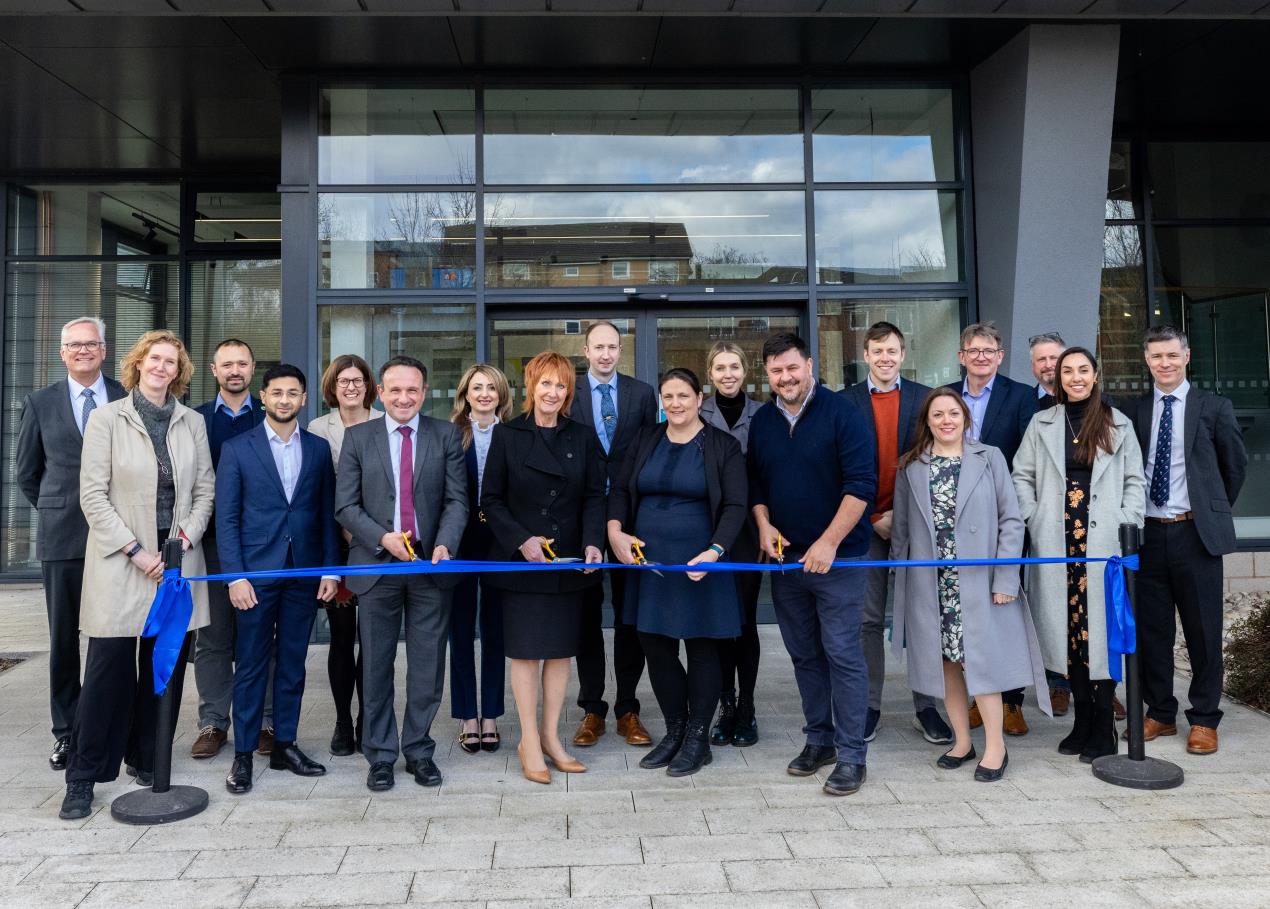NATS outlines revolutionary path to drone integration

Image courtesy NATS
The whitepaper outlining key learnings and recommendations from the successful completion of Project CAELUS – part of UKRI's Future Flight Challenge – represents a critical step towards the safe and efficient integration of drones into the existing air traffic management environment.
Central to the project was the creation and validation of a revolutionary new Concept of Operations (CONOPs), which lays the groundwork for routine drone operations in the UK. It includes the development of 'Master Control Room' interface as a bridge between crewed and uncrewed air traffic operations, something NATS considers essential to achieving a fully integrated airspace.
Through both simulated and live flight trials, NATS was able to demonstrate how technology developed for the Master Control Room could be used to safely integrate uncrewed traffic in controlled and uncontrolled airspace, while minimising disruption to current air traffic operations.
This included the use of intelligent airspace management tools to authorise low-altitude, Beyond Visual Line of Sight (BVLOS) drone flight plans, providing deconfliction advice and instructions to drone operators and monitoring notifications related to airspace restrictions and specific missions. All this was achieved while maintaining oversight to ensure safe and efficient operations.
While focused on the delivery of critical medical supplies, the progress made through Project CAELUS helps lay the groundwork for the full commercialisation of drones in the UK across a whole host of other industries, promoting the development of a safe, cost-effective, and thriving low-level airspace economy.
Richard Ellis, New Airspace Users Director, NATS Services said: “Through Project CAELUS we’ve been able to demonstrate the safe and efficient integration of drones into UK airspace. By successfully operating BVLOS flights, validating the CONOPs and our Master Control Room concept, we have taken a significant step towards realising the full potential of drone technology for healthcare and other industries. We are now eager to continue to work with industry and regulators to translate these learnings into a clear pathway for commercial drone operations in the UK and beyond."
Other key findings highlighted by NATS include the critical need for strong partnerships across the entire aviation ecosystem. This includes the use of cloud-based technology to support high-fidelity data sharing, allowing all stakeholders to operate in real time with a common understanding of the airspace.
Gareth Bowen, New Airspace Users Solutions Consultant, NATS Services added: “While Project CAELUS has successfully demonstrated the feasibility of safe and integrated drone operations, we recognise the critical need for additional research into data-driven intelligent operations. The future of drone integration depends on a system capable of effectively analysing massive amounts of data, predicting, and mitigating potential conflicts, and optimising operations to accommodate the expected increase in drone traffic. This approach will be critical for the long-term scalability and sustainability of the drone industry.”
The whitepaper, produced by NATS Services, is now available for download on NATS' website Project CAELUS White paper - NATS












